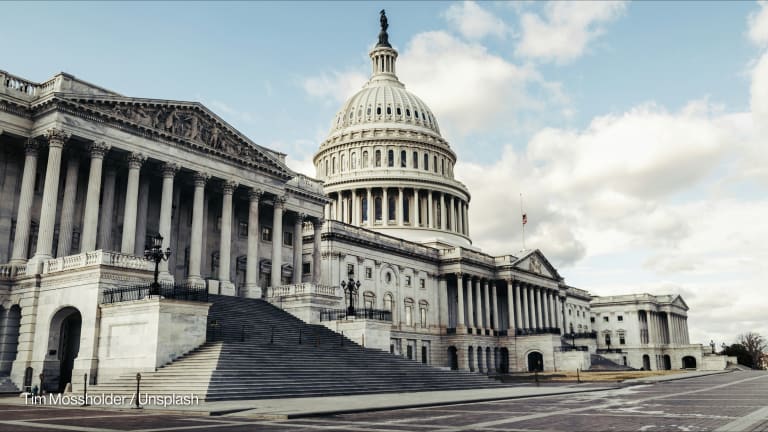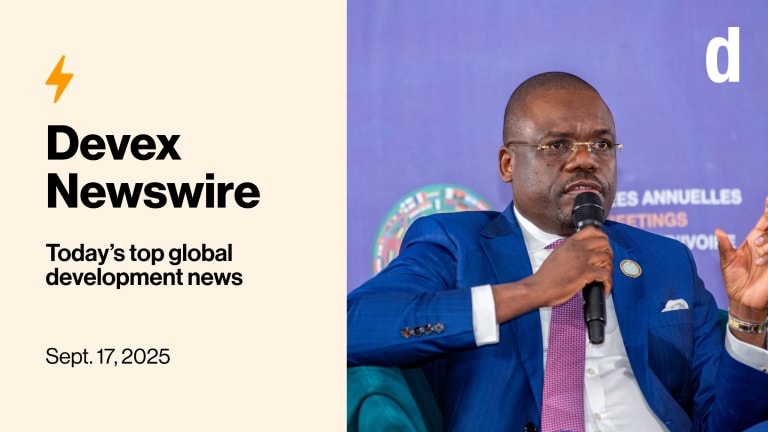The watchdog for the U.S. International Development Finance Corporation, which finances private sector development, has been somewhat limited in its ability to investigate any fraud, waste, or abuse at the agency, largely due to its lack of law enforcement authority. But lawmakers want to change that with new legislation about to be introduced.
While other inspectors general for United States government agencies have the power to subpoena people and documents, for example, DFC’s do not.
This problem seems to be the result of an omission in the legislation that created the agency; the Better Utilization of Investment Leading to Development Act, or BUILD Act. Now lawmakers want to fix the problem.
Printing articles to share with others is a breach of our terms and conditions and copyright policy. Please use the sharing options on the left side of the article. Devex Pro members may share up to 10 articles per month using the Pro share tool ( ).








